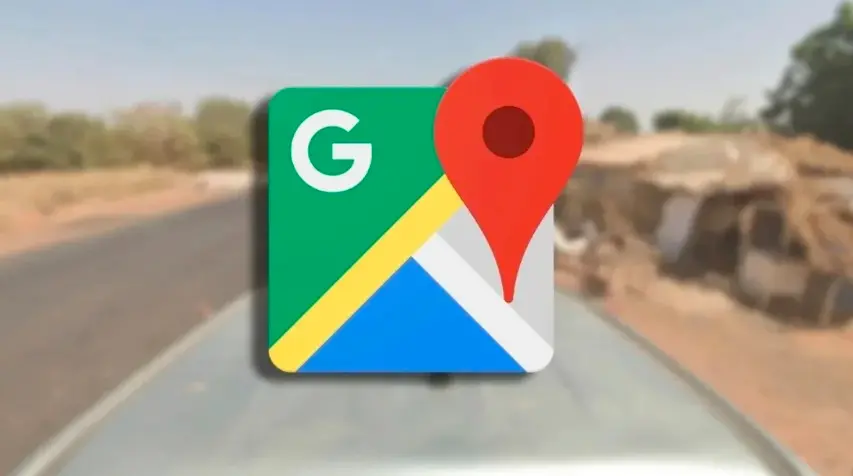This is Google’s three-pronged strategy to combat fake reviews on Maps.
Google Maps is not just an application that tells you how to get to a location, but also acts as a forum for reviews, where people who have visited certain places can give their opinions about them. Currently more than 300 million users share their experiences, with more than 20 million reviews, photos or updates every day. This requires Google to act with conviction to crack down on fake reviews.
To tackle this task, the tech giant has developed a three-pronged strategy. It consists of 3 independent points that complement each other to eliminate misinformation or worse, false reviews made with the intention of harming the site. These are the 3 points it integrates.
Real-time action
Google continuously monitors the information posted on Maps. It is therefore able to detect unusual patterns and act in a minimum of time. If it perceives a suspicious pattern, it investigates it and acts accordingly. The actions it takes can range from immediate removal of content that violates its policies to temporary disabling of new contributions. This will help business owners who want to receive ratings from Maps to do so with greater peace of mind.
A good example of this was when in early 2023 it detected a suspicious increase in one-star (out of five) ratings for a bar in Missouri. Clearly this was a strategy to cause damage to the bar for other than consumer reasons, popularly known as “review bombing.” To prevent unwarranted damage to the business, Google temporarily disabled the bar’s rating feature while removing those fake reviews and investigating the accounts that had participated in the lynching.
Anticipating sensitive moments
Sometimes it is not enough to act during abuse, but to prevent it. Google has the ability to prevent sensitive moments, when certain places receive fake reviews for events that have nothing to do with their normal operation.
This is what it did before the 2020 U.S. presidential election. Polling stations are normal polling stations where people vote, but unfortunately, on dates close to the election, negative reviews are poured into them while inserting false data. What Google did was to limit the possibility of suggesting false phone numbers, addresses and information on them. This prevented the spread of malicious information.
Places blocked
Finally, it is impossible to write reviews of certain places. Google blocks reviews of locations where people who go or stay there have no other choice. The clearest example is prisons: when someone tries to write a false review about a prison, they will find that it is impossible, they are blocked. Obviously you can see photos, check the best route of arrival and discover other aspects, but you are not allowed to write reviews.

